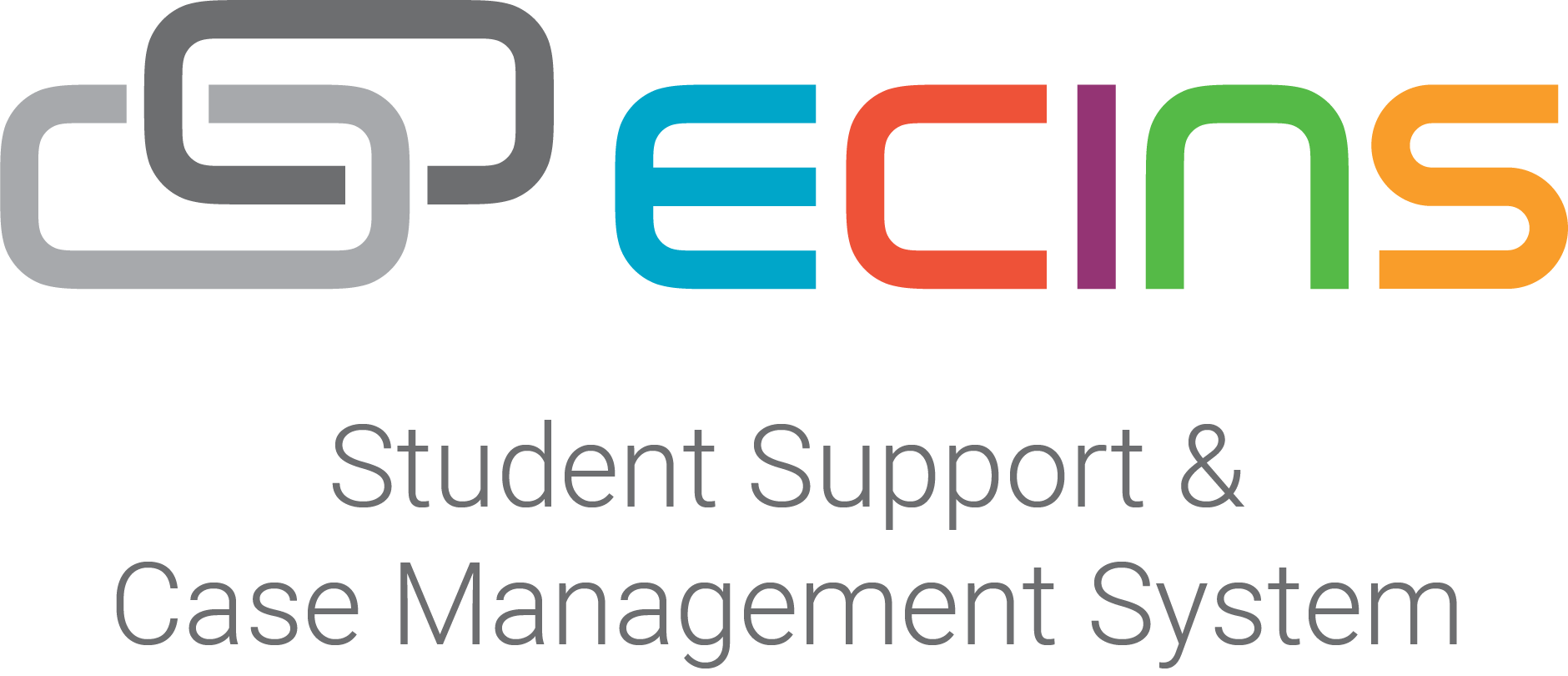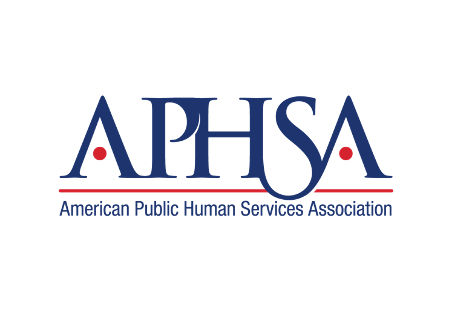This article is written by Gary Pettengell and appears in APHSA’s Policy & Practice Magazine. You can read the full article here.
On May 17, 2022, the United States reached a grim milestone as the country surpassed one million lives lost to COVID-19, making the ongoing pandemic more deadly than the AIDS epidemic or the 1918 flu pandemic.
As NPR concludes, it is the equivalent of losing the entire population of San Jose, CA, the 10th largest city in the United States.
The devastation of the past two pandemic years cannot be over-emphasized, reaching deep into communities and exacerbating other challenges already lurking below the surface. For instance, it is estimated that 214,000 U.S. children have lost parents to the pandemic, bringing grief and uncertainty alongside their loss.
At the same time, a confluence of other challenges are impacting communities and families: drug and opioid overdose deaths reached record highs, mental health challenges, especially among adolescents and teenagers, have become more prevalent, and housing insecurity is more widespread as the end of the national eviction moratorium exposes millions of people to potential homelessness.
Of course, every community has its own set of difficulties. Some align with national trends while others are unique unto themselves.
Taken together, it is not surprising that demand for nonprofit and social support services is soaring. As these agencies and organizations help families and communities achieve holistic wellness, early intervention is key to their success, allowing health and human services agencies to do more with less as they improve outcomes while stewarding their personnel and financial resources to expand their reach and maximize their impact.
To help meet this moment, here are three ways to make early intervention possible across a connected network of health and human services agencies, nonprofits, and other support opportunities:

